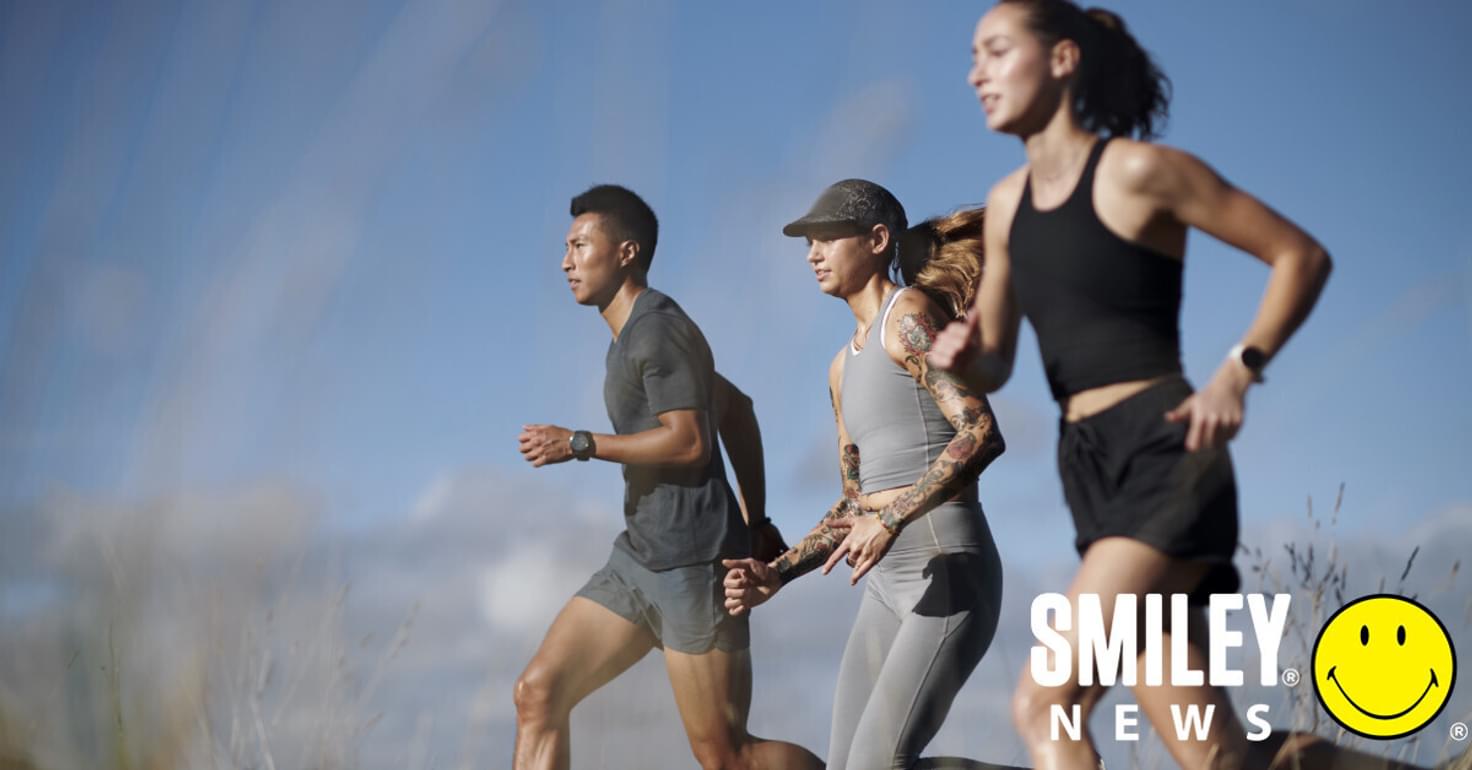
Words by Smiley Team
“Our physical fitness shouldn’t hurt our planet’s health. The only way to win is to play on nature’s team.” This is the guiding principle of Allbirds’ newly launched activewear, Natural Run Collection.
Prioritising natural materials over plastic, the designers have kept crude-oil based materials to a minimum. They’ve also tracked the carbon footprint of each item of clothing and labeled products with how much CO2 was generated in the making process.
[Read more: ‘Climate neutral’ trainers made from coffee and plastic]
When shoppers browse the collection they’ll be able to pick their purchases consciously, with carbon footprints ranging from 4.7 kg to 14.5 kg of CO2 emissions. To offset these emissions they invest in developing more low-emission alternatives and recycled materials, hoping to make all products from 75% recycled or natural materials by 2025.
It’s clear the athletics industry needs a carbon detox from the amount of polyester used. Each year it produces clothes from enough oil to power 47,000 cruise ships, spewing 700 million tons of carbon into the atmosphere. That’s equivalent to the weight of about half a million blue whales and higher than the annual emissions of Brazil and Argentina put together.
[Read more: Sustainability expert on fashion’s future]
Scarily enough, this plastic waste goes from factories to become a permanent fixture on our ocean floors, with 14 million tons of microplastics breaking down into progressively smaller particles that will never fully biodegrade.
As a cheap material, polyester has become an increasingly common material to make clothing with, used in 55% of all clothing. This is especially the case for activewear. So while our bodies get fit, it leaves the environment in much worse shape.
To replace this highly destructive material, Allbirds have opted for natural alternatives including eucalyptus tree fibres, merino wool and recycled materials instead.